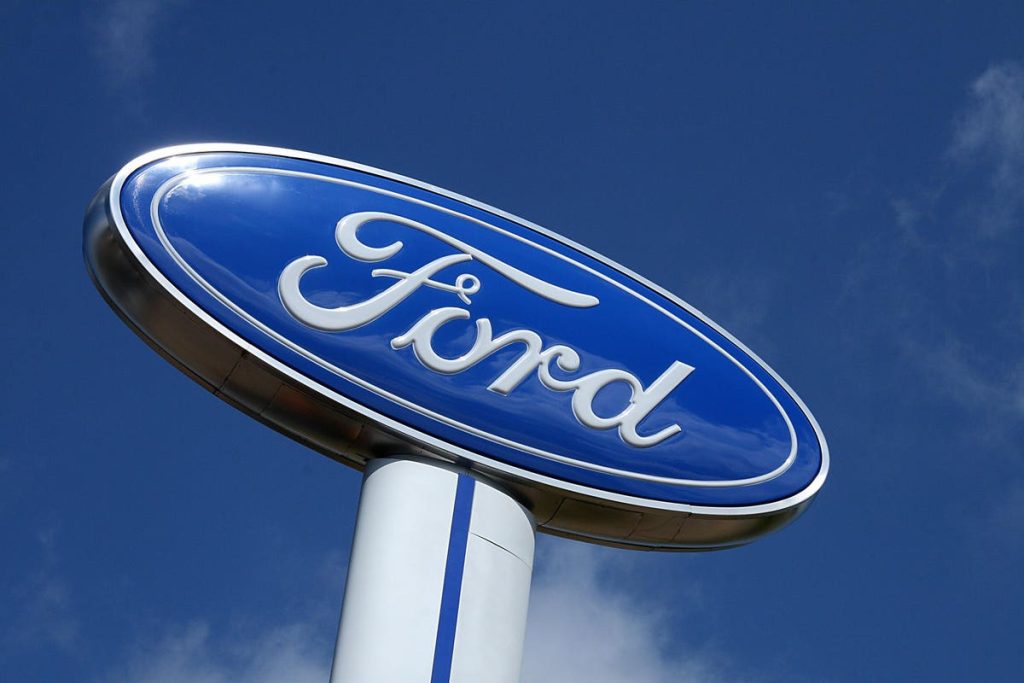The Ford family, comprised of descendants of Ford Motor Co. founder Henry Ford, earlier this month extended its influence on the U.S. automaker.
Dearborn, Michigan-based Ford went public in 1956. But the family retained 40% voting control through a special class of stock. The move essentially ensured family control of the company that continues to this day.
Chairman William Clay Ford Jr. (known as Bill), 66, was CEO from 2001 through 2006. Still, he retained the chairman title (retitled executive chairman). He has maintained an office on the same floor as the CEO at Ford Motor’s headquarters.
Other family members with executive jobs include Elena Ford, a cousin of Bill Ford.
In an announcement this month, Ford Motor said Elena Ford was named to a new post as chief dealer engagement officer. The Ford announcement said she “will work closely with Ford’s 10,000 dealers worldwide to accelerate their transformation into a competitive differentiator across Ford’s global businesses.”
The company also said William Clay “Will” Ford, son of Bill Ford, was joining the automaker as general manager of Ford Performance, an operation that includes its motorsports and racing activities.
On top of those appointments, another family member, Henry Ford III, is a member of the automaker’s board of directors.
For many years, the Ford family directly ran the company. Henry Ford II (1917-1987), grandson of the original Henry Ford, stepped down as CEO in 1979, with Philip Caldwell succeeding him. Still, the family maintained a presence. Bill Ford joined the company’s board in the late 1980s and assumed the chairman post in 1999.
Since Bill Ford yielded the CEO post in 2006, non-family members have held the CEO job. The current chief executive is Jim Farley, a former Toyota Motor Co. executive, who assumed the Ford post in 2020.
Still, the family is having a major voice as Ford Motor steers a course to boost production of electric vehicles. The Dearborn-based company is using profits from traditional large pickups to help fund its EV investments. Ford wants to instill a corporate culture more like a tech company than a traditional automaker.
It would seem the impact of the Ford family won’t dissipate soon.
Read the full article here










